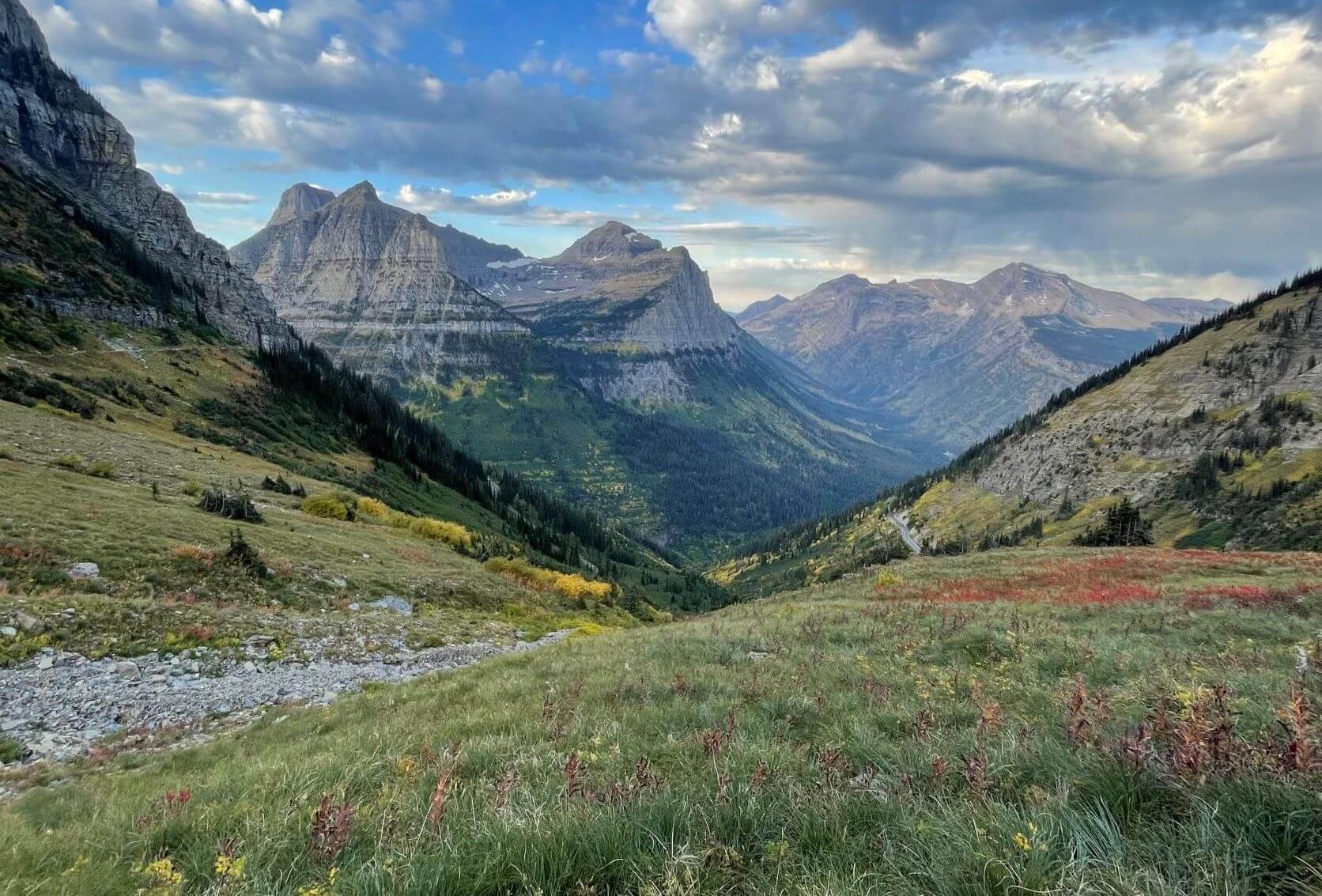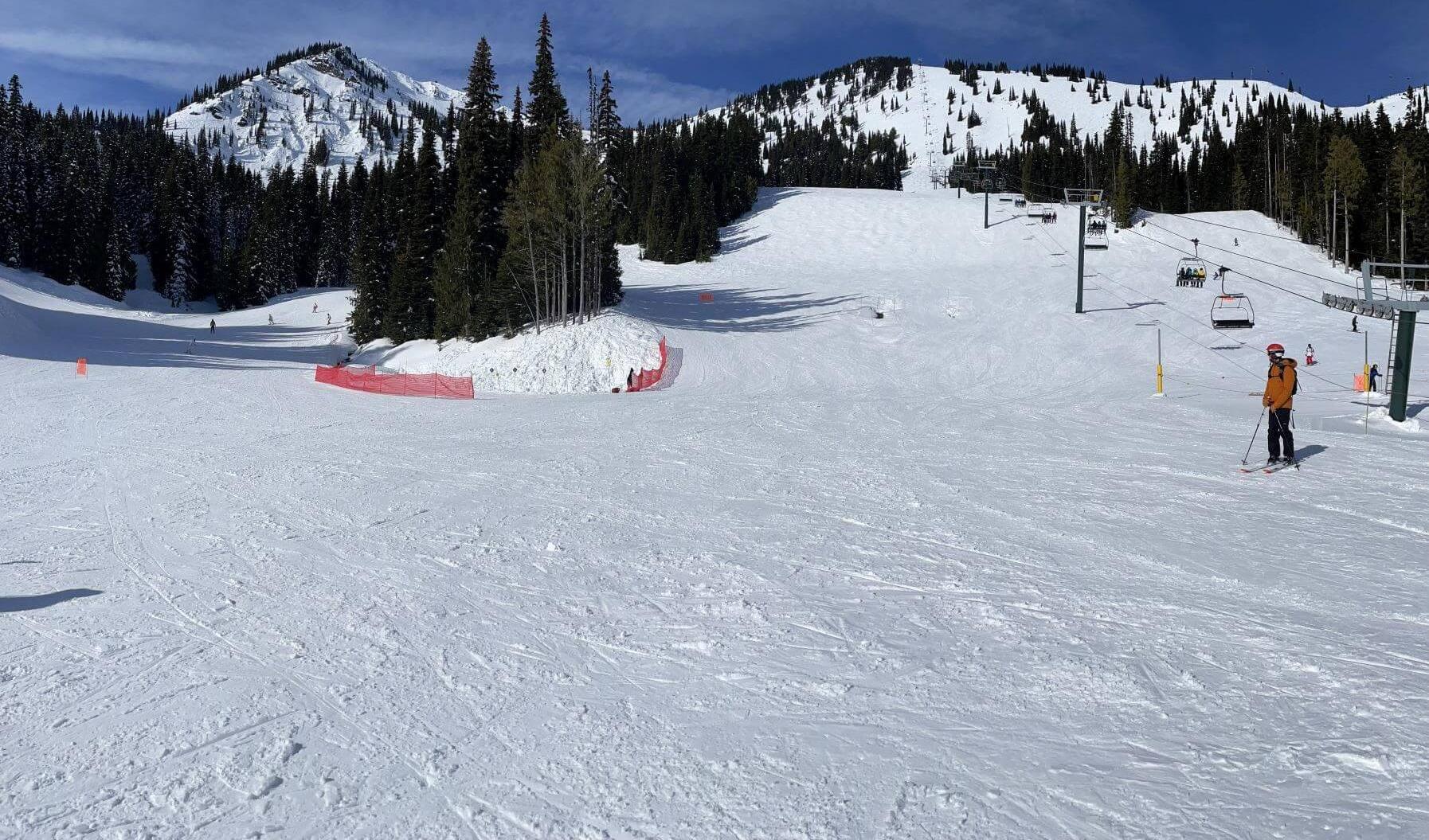Summary

Nighttime photography presents challenges for many photographers. Although nighttime images can be stunning, capturing them effectively is often difficult due to a) the varying techniques required based on the specific type of photograph intended (for example, photographing Northern Lights necessitates different settings compared to nighttime cityscapes) and b) the scarcity of light, which can lead to blurry images or excessive noise.

While specific settings may vary depending on the scene (which I will cover in future dedicated posts, such as this one on the Northern Lights), several essential tips can significantly improve nighttime photography outcomes.

1.) Due to the reduced light, a longer exposure may be necessary on your camera to allow for more light and detail in your photographs. Thus, achieving quality nighttime images requires additional time as compared to daytime photography. Utilize your camera’s “Shutter Priority” mode to extend the exposure time and capture more light effectively.

2.) Secure a stable platform for your camera. The slightest camera movement can lead to undesirable blur in your images at night due to the longer exposure times.

3.) Experiment with different ISO settings. Start with an automatic ISO to gauge performance and adjust accordingly. This information guide can assist you as you modify your ISO in conjunction with changes in shutter speed.
4.) Avoid manipulating your camera immediately prior to taking a photograph. Consider acquiring a remote or utilizing the timer function on your camera to ensure stability before capturing an image.

5.) Be patient. Cameras often process slower during extended exposures, so temper your expectations when engaging in nighttime photography.

6.) Aim to use fixed focal points in your images (i.e., stationary objects). Even with moving subjects, having stationary elements in focus lends greater power to the photograph instead of appearing as a blurry image.

7.) Carefully select your shooting location before capturing images. It is frustrating to encounter interference in your frame during a long exposure, ruining the photograph. Ensure there are no unwanted elements in your scenes unless they are intentional.
If you are keen on enhancing your photography skills, consider exploring our photography archives for additional insights and techniques.
Explore The Very Best Of Great Britain!
Visit our YouTube channel for travel videos!
AdvicePhotography





